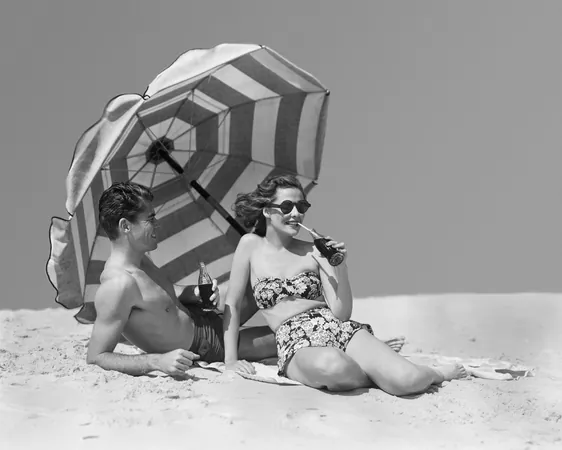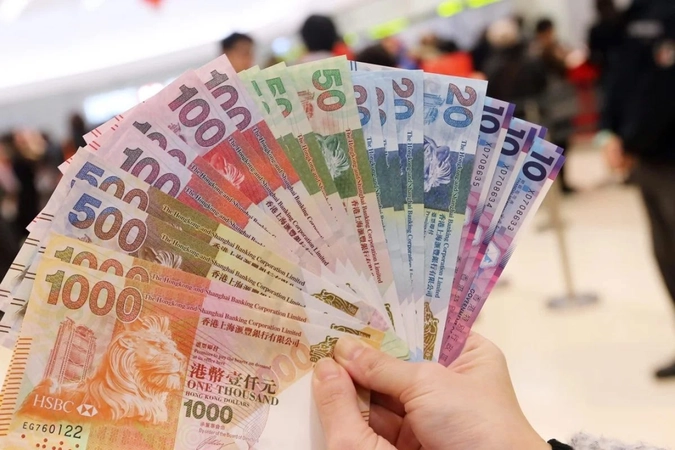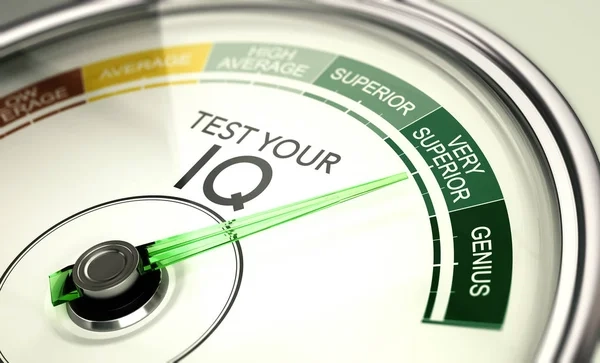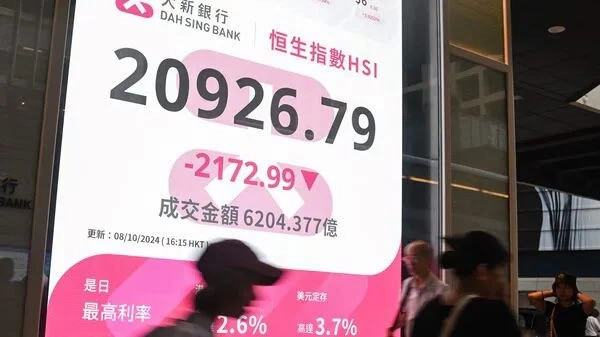
My Unexpected Love Affair with Diet Coke: A Journey Through Food and Self-Discovery
2025-01-01
Author: Jia
In college, I took a vehement stance against Diet Coke, labeling it my adversary. The spark for this declaration ignited when a classmate penned a blog for the school newspaper, passionately extolling the virtues of the soda. It was a quirky piece, yet it struck such a nerve in me that it led to heated disputes with my sorority sisters. How could they support such an article that, in my eyes, exemplified everything wrong with our societal relationship to diet and self-image?
As a new gender studies major navigating the world of sexism and body image issues, I was acutely aware of the societal pressures surrounding femininity—pressures that Diet Coke embodied. For me, drinking anything labeled as “diet” signified surrendering to a culture of self-loathing. I clung to the idea of ordering full-sugar Coke instead, treating it as an act of defiance. This was a time when I thought avoiding diets defined my self-worth, all while paradoxically scrutinizing my eating habits.
Living in a push-and-pull relationship with my body, I often paralyzed myself in front of the fridge, unable to choose what to eat without battling the dissonance of countless internalized rules. Yet, despite this turmoil, I held on to the belief that abstaining from diets would keep my body in check. Fast forward to last year, I embarked on a healing journey for disordered eating, exploring intuitive eating—an approach that encourages listening to one’s body rather than restricting and labeling foods as "good" or "bad."
This newfound freedom lasted six glorious months until the news came crashing in: my A1C levels were in the prediabetic range. Shocked and overwhelmed, I spent the well-deserved celebration of my partner’s graduation rattling through thoughts on blood sugar and diabetes, a topic that had previously brushed past me without concern.
As I plunged into research about prediabetes on Reddit and medical sites, I learned that it’s characterized by elevated blood sugar levels that, if overlooked, could lead to diabetes. With family history on both sides, I shouldn't have been surprised by my diagnosis. Suddenly, it became impossible to ignore the stigma surrounding diabetes—Type 1 signified innocence while Type 2 bore the weight of blame and moral failure.
It felt harrowing as I confronted my feelings about my health. Instead of compassion for myself, I found shame creeping in, mingled with fear of the potential consequences of my choices. The intuitive eating approach I had embraced suddenly seemed perilous, as I questioned if my newfound freedom had contributed to this predicament.
Determined to make changes, I turned to resources on managing prediabetes, embracing low-carb diets, fresh vegetables, and apple cider vinegar drinks. Around me, celebrities like Oprah and Lizzo showcased stunning transformations, likely fueled by weight-loss medications. It felt as if the world’s cultural dialogue fixated on body image was tightening its grip, adding pressure to my own choices.
Navigating my love for sweets became a struggle. Each craving felt like a betrayal. I noticed that my once-accepting attitude towards food was morphing into a rigid regimen. Euphemisms became my shield, using terms like “lifestyle changes” to mask the controlling nature of my new eating patterns. I experienced discomfort as I counted sugar grams and logged meals, unsure of the fine line between self-care and obsession.
After six weeks, my cravings shifted, and I started to feel more comfortable with my new normal. Eventually, my efforts paid off; my A1C dropped significantly, inching me closer to normal range. In the process, I also lost weight—about 13 percent of my body weight, which many around me applauded. However, this recognition felt complicated. I wrestled with acceptance, knowing I had altered my identity in a way that contradicted my previous rejection of diet culture.
Recently, while waiting for a late movie screening, I spied those tantalizing Coke Freestyle Machines. With a mix of nostalgia and dare, I decided to indulge; I filled my cup with caffeine-free Diet Coke, half cherry and half vanilla. Knowing the controversy surrounding aspartame didn’t stop me from relishing that fizzy sweetness. In that moment, amidst the flickering movie screen, I realized how much joy I derived from embracing something I once scorned.
In the end, my relationship with Diet Coke embodies a larger journey of self-acceptance, nuanced understanding of health, and breaking free from the binary of 'good' and 'bad' surrounding food. It's proof that sometimes the very things we resist can lead us to unexpected joys and valuable lessons about balance and acceptance.



 Brasil (PT)
Brasil (PT)
 Canada (EN)
Canada (EN)
 Chile (ES)
Chile (ES)
 Česko (CS)
Česko (CS)
 대한민국 (KO)
대한민국 (KO)
 España (ES)
España (ES)
 France (FR)
France (FR)
 Hong Kong (EN)
Hong Kong (EN)
 Italia (IT)
Italia (IT)
 日本 (JA)
日本 (JA)
 Magyarország (HU)
Magyarország (HU)
 Norge (NO)
Norge (NO)
 Polska (PL)
Polska (PL)
 Schweiz (DE)
Schweiz (DE)
 Singapore (EN)
Singapore (EN)
 Sverige (SV)
Sverige (SV)
 Suomi (FI)
Suomi (FI)
 Türkiye (TR)
Türkiye (TR)
 الإمارات العربية المتحدة (AR)
الإمارات العربية المتحدة (AR)